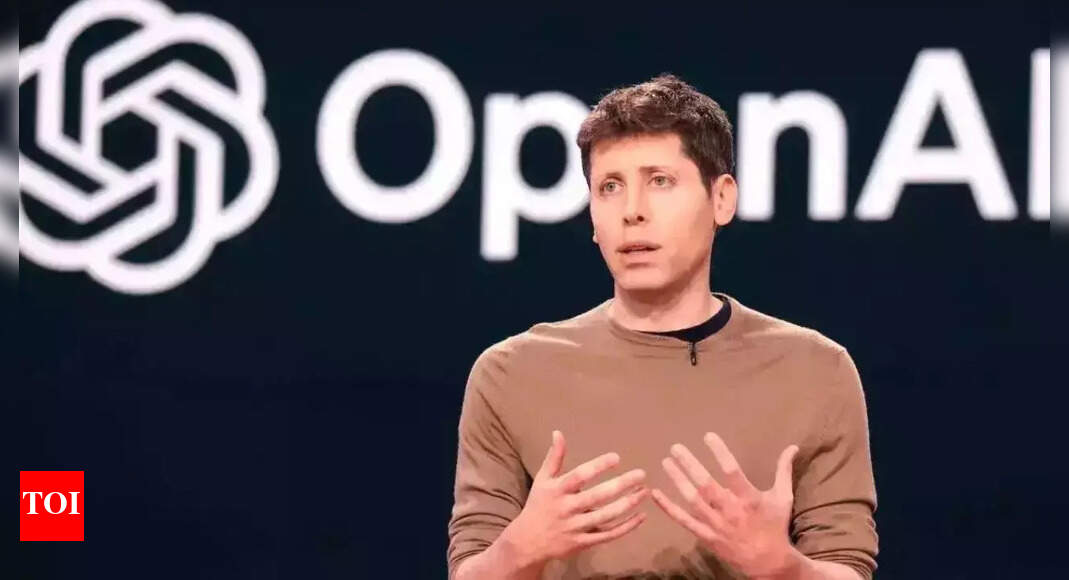While ChatGPT offers quick responses, using it for legal inquiries can pose significant risks. Users must realize that conversations with AI, even deleted ones, can be retained and used as evidence in court, as they lack confidentiality and ethical constraints that bind licensed attorneys. OpenAI CEO Sam Altman confirmed that interactions with ChatGPT are not protected by legal privilege, meaning sensitive discussions could be disclosed in legal proceedings. Experts like Jessee Bundy warn that relying on AI for legal advice creates discoverable evidence without any protective measures. While AI may generate seemingly helpful content, it cannot provide accurate legal guidance tailored to individual circumstances, making it essential to consult a qualified lawyer. For matters involving contracts, criminal issues, or rights disputes, the safest approach is to seek human legal counsel to ensure confidentiality, accountability, and reliable advice. Avoiding AI for legal questions is crucial until appropriate legal frameworks are established.
Source link
